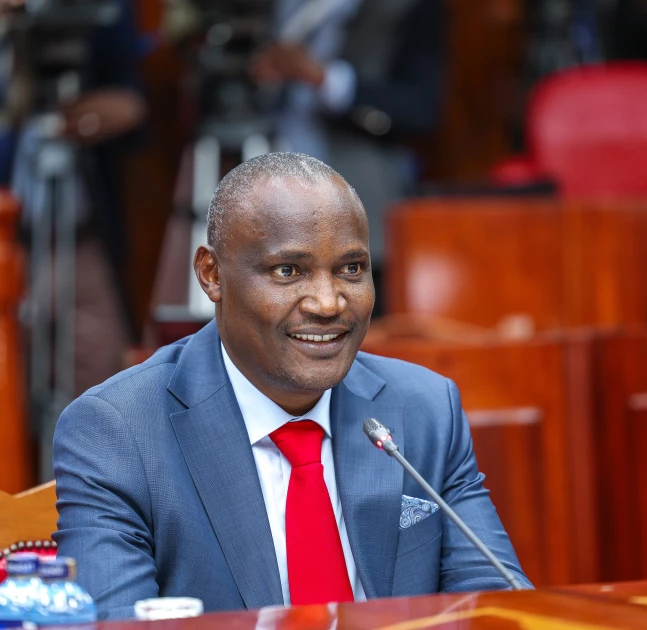Treasury CS John Mbadi’s suggestion to bar politicians who have lost electoral bids from holding leadership positions in state corporations has ignited significant debate, particularly among members of President William Ruto’s inner circle.
Data reveals that many governors, women representatives, senators, and MPs linked to the UDA Party have secured roles in various parastatals, either on boards or as chairpersons. Notably, after the last general elections, President Ruto appointed several allies who faced electoral defeats to these positions.
Mbadi’s comments have led to speculation among the affected politicians about the potential termination of their contracts. He argues that appointing politically rejected figures to state corporations tarnishes their reputation, especially when these individuals lack the necessary experience for their roles.
According to Mbadi, some of the appointed politicians fail to meet essential criteria like relevant professional experience and the academic qualifications required for board membership. He is calling on Kenyans to engage in an open dialogue about the ineffectiveness of certain politicians in state corporations, which often results in financial losses.
Concerns have been raised that politicians in these roles frequently undermine the parent ministry’s functions and may collaborate with senior ministry officials to misappropriate funds. Appointments of unsuccessful politicians are often based on their connections rather than qualifications. Mbadi advocates for a more competitive recruitment process for board members and chairpersons, similar to the selection process for CEOs.
If Mbadi’s proposals are implemented, politicians currently serving under three-year contracts, set to expire early next year, may face non-renewal. As a result, those waiting for appointments to state corporations may have to relinquish their hopes, as further political appointments to these roles are unlikely.





